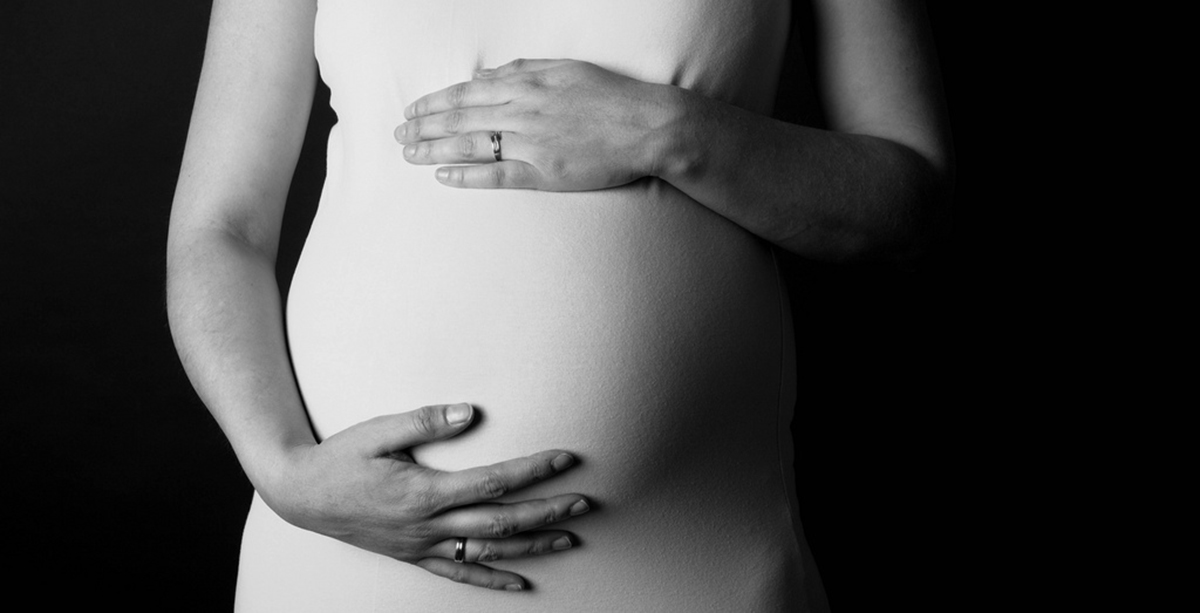Table of Contents
The first eight weeks of pregnancy are key to your baby's further development, and seeking prenatal care as soon as you find out you are expecting is very important. Your doctor can advise you exactly which supplements are right for your situation, how you can ensure that you gain the recommended amount of weight during your pregnancy, and whether alterations should be made to medications you may be taking for chronic health issues.
Though pregnancy after 45 is riskier than pregnancy earlier in life, your doctor will probably still recommend that you exercise regularly. If you engaged in very strenuous exercise such as running marathons before you got pregnant, you may be advised to adopt an alternative exercise routine.

Women in their forties have a higher risk of developing such pregnancy complications as gestational diabetes, pregnancy-induced hypertension, and preeclampsia, and the watchful eye of a good OBGYN will ensure that, even if you do develop any of these conditions, you will have the best treatment possible.
Prenatal Screening And Diagnostic Tests
Because women in their forties have a significantly increased risk of having with chromosomal abnormalities, you may also want to discuss the possibility of prenatal screening tests with your OBGYN. Tests available to you include:
- The first trimester scan: This non-invasive and risk-free test combines blood tests with a detailed ultrasound to determine your risk of chromosomal abnormalities, including Trisomy 18 and Down Syndrome.
- The triple and quad screening tests are blood tests that seek to determine your risk of having a baby with a birth defect.
- Amniocentesis, a diagnostic test that can confirm or rule out the presence of chromosomal and genetic disorders, generally carried out from the 14th week of pregnancy.
- Chorionic Villus Sampling, a diagnostic test that can be performed from the tenth week of pregnancy.
Should your baby have a chromosomal abnormality or genetic disorder, becoming aware of this early on in your pregnancy will help you decide what steps to take next.
Benefits Of Older Parenthood
Remember Dorothy? She was afraid she'd be judged — because having a fifth baby at any age is quite unusual these days, and she had received plenty of less than positive comments about the four that she already had. She was proven right pretty quickly. Her elderly mother asked her why on Earth she'd want a baby at that age. Well, there are lots of reasons to be tremendously excited about having a baby after 45, actually!
READ Nutrition During Pregnancy for Vegetarians
While the likelihood of increased financial stability is often cited as a benefit of older parenthood, that one doesn't apply to her situation either. Dorothy, in fact, recently lost her job. Having a new baby will make finding another one significantly harder. She'll still have the other benefits of older parenthood that are often talked about though: having raised a child who is now an adult already, she's experienced, relaxed, and will treasure her new baby, knowing first-hand just how fleeting childhood is. As a woman of nearly 50 she has also learned a lot about herself and the world over the years. That's a wisdom she will be able to share with her new child. In her case, the new baby will have the benefit of lots of doting siblings, but what if you are having your first baby at 45 or beyond? Knowing that the chance of motherhood could have slipped right past you, you will enjoy every moment that much more, and your baby will reap the benefits.
- Photo courtesy of kit4na: https://www.flickr.com/photos/kit4na/8570833723
- Photo courtesy of viralbus: www.flickr.com/photos/viralbus/455643284/

